- Home
- Academics
- Arts & Sciences
- History & Geography
- First-Year Topics Courses
First-Year Topics Courses
Fall 2024
HST 1330 Race, Gender and Sports in the U.S.
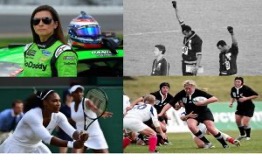
This course invites first-year students to closely examine the experiences of women and African Americans in sports in the U.S. during the 20th century. Students will analyze a variety of types of evidence from the past to consider how and why the experiences of African Americans and women changed over time. They’ll make interpretations about how to characterize their history – whether as more of a story of oppression and exploitation or of satisfaction and empowerment. They will connect sports history to the context of other trends in American history and consider the degree to which sports history serves as an accurate lens into American history in terms of race and gender.
HST 1390 Facism and Propaganda
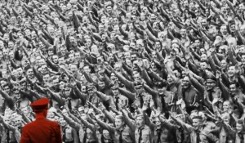
This course focuses on the theory and practice of propaganda during the 12 years of the Third Reich. It combines the study of the ideological roots of National Socialism, the radical and peculiarly German form of Fascism, with a close analysis of the techniques, organization, and effectiveness of the Nazi regime’s propaganda. Challenging the idea of the total power of propaganda, it looks for the limits of persuasion and possible other reasons for which Germans might have decided to follow Hitler.
The course is divided into two main parts, which address (1) the historical developments in Nazi Germany until the outbreak of the War, 1933–1939; and (2) the Second World War and the destruction of European Jewry, 1939–1945.
HST 1430: History of Millennials and Gen Z

This course covers the United States in the last thirty-five years, from the early 1980s (when the first Millennials were born) to the present. It examines the first generation of Americans to grow up with computers and social media and the effects these innovations have had on their lives. Are Millennials as self-absorbed as others say? It also addresses questions such as: How do Millennials look at the world, and how do previous generations look at them? How do Millennials view the military, disabilities, sexuality? These are some of the questions to which the course will provide historical context.
ARH 1700: Intro to Museum Studies & Public Culture
This course will introduce students to the history of the museums and their cultural contexts as well as address issues relevant to the preservation and presentation of monuments and cultural landscapes as a part of public culture. We will examine historical precedents to public museums as well as the development of local, national, and universal museums. Students will engage contemporary issues facing museums, monuments, and cultural heritage studies, such as attempts to engage and better serve broader communities, preservation and destruction in areas of conflict, environmental effects of tourism, and challenges to myths of museums as “neutral” spaces.
Spring 2022
HST 1310: Race, History, and Memory at Elon University
This course explores the intersection of race, history, and memory at Elon University. In this, it builds on the Committee on Elon History and Memory’s conclusion that “Elon’s story includes both shameful examples of anti-Black racism and inspirational accounts of Black achievement, neither of which the institution has…sufficiently acknowledged in its history or culture.” Students will not only learn the broad outlines of Black history at Elon and try to connect it to broader themes in US History, but they will also interact directly with alumni and community members, as well as propose collaborative new strategies for continuing to learn more about the past and to create a more just future.
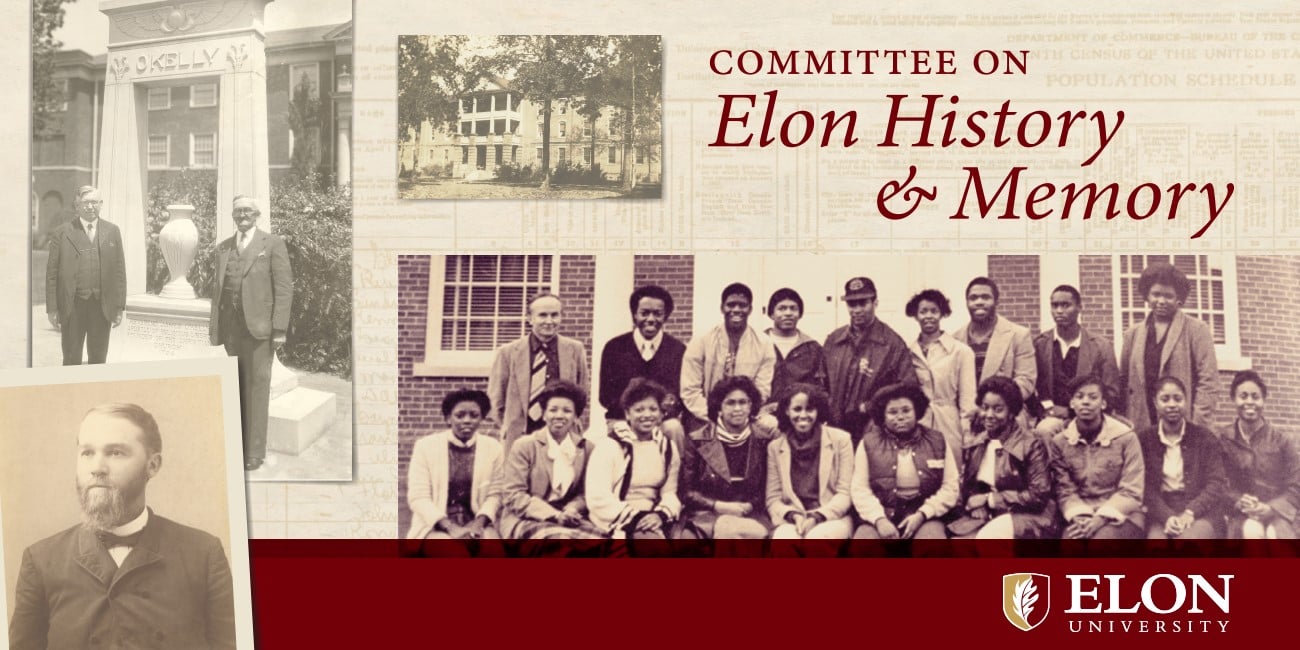
“Trolley–New Orleans. Robert Frank, 1955”
Spring 2021
HST 1310: Race, History, and Memory at Elon
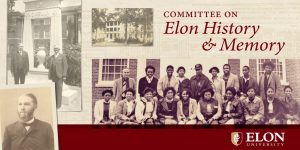
“Trolley–New Orleans. Robert Frank, 1955.”
This course explores the intersection of race, history, and memory at Elon University. In this, it builds on the Committee on Elon History and Memory’s conclusion that “Elon’s story includes both shameful examples of anti-Black racism and inspirational accounts of Black achievement, neither of which the institution has…sufficiently acknowledged in its history or culture.” Students will not only learn the broad outlines of Black history at Elon and try to connect it to broader themes in US History, but they will also interact directly with alumni and community members, as well as propose collaborative new strategies for continuing to learn more about the past and to create a more just future.
HST 1410: Medicine in the Ancient World
This first-year topics course explores and compares the practice of medicine in four ancient societies: Egypt, Greece, Rome and China. At a time when human dissection was prohibited, how did doctors across different cultures understand the human body, causes of disease, and whether to treat patients? How did they achieve diagnosis and prognosis? The topics to be discussed in their historical contexts include internal disorders, surgery, hygiene and therapeutics, mental health, medical ethics, and the relationship between medicine and religion and/or magic.
Fall 2021
ARH 1700: Intro to Museum Studies & Public Culture

This course will introduce students to the history of the museums and their cultural contexts as well as address issues relevant to the preservation and presentation of monuments and cultural landscapes as a part of public culture. We will examine historical precedents to public museums as well as the development of local, national, and universal museums. Students will engage contemporary issues facing museums, monuments, and cultural heritage studies, such as attempts to engage and better serve broader communities, preservation and destruction in areas of conflict, environmental effects of tourism, and challenges to myths of museums as “neutral” spaces.
HST 1320: The City in American History
This course explores urban centers and their role in American history and identity. We have all heard the famous saying that America ought to be a “city on a hill”-an example to the world- yet historically cities and their residents have just as often been viewed with suspicion, as a threat to American identity and morality. Through a variety of urban case studies across North America, students will gain a nuanced view of the role cities play in diverse American conceptions of identity, community, and morality.
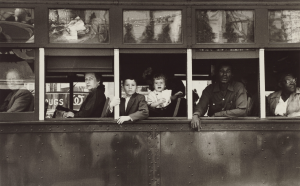
HST 1390: Fascism and Propaganda
This course focuses on the theory and practice of propaganda during the 12 years of the Third Reich. It combines the study of the idealogical roots of National Socialism, the radical and peculiarly German form of Fascism, with a close analysis of the techniques, organization, and effectiveness of the Nazi regime’s propaganda. Challenging the idea of the total power of propaganda, it looks for the limits of persuasion and possible other reasons for which Germans might have decided to follow Hitler.
The course is divided into two main parts, which address (1) the historical developments in Nazi Germany until the outbreak of the War, 1933-1939, and (2) the Second World War and the destruction of European Jewry, 1939-1945.